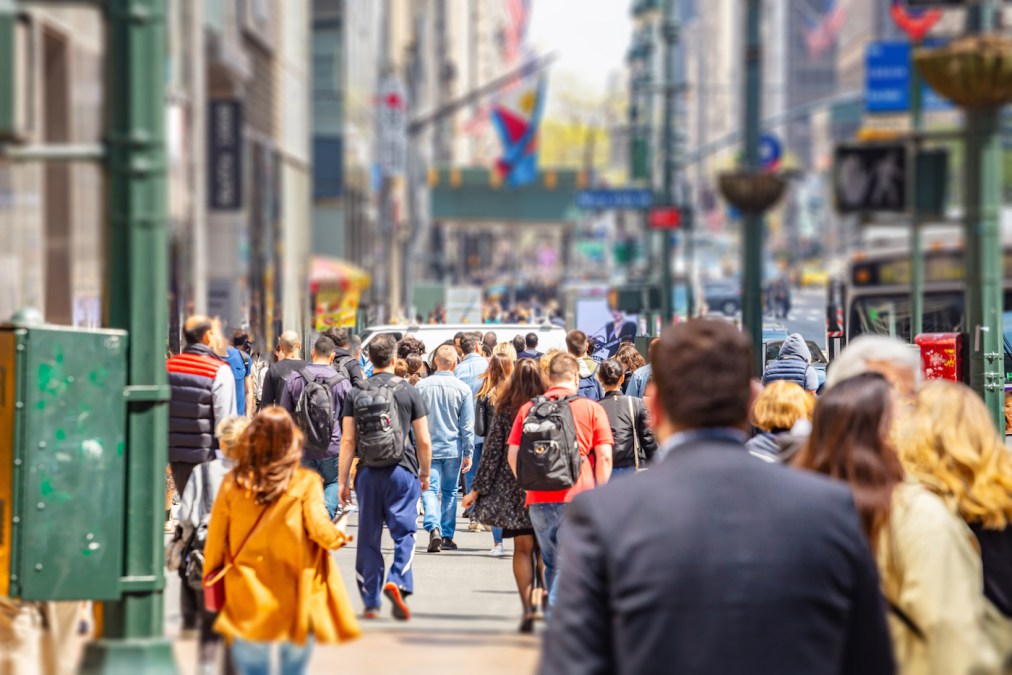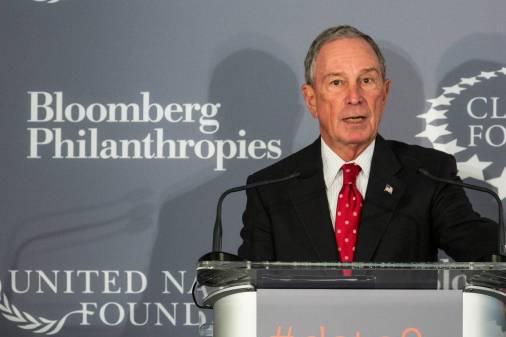New York City graduates first class of pandemic ‘Innovation Fellows’

New York City officials on Friday celebrated the completion of three technology-focused initiatives conceived during the coronavirus pandemic, including a broadband mapping initiative, a machine learning-powered translation service and a data-driven dashboard that tracks hate crimes across the city.
The three projects were part of New York City’s NYCx Innovation Fellows program, an initiative born out of the Mayor’s Office of the Chief Technology Officer earlier this year to allow the city to quickly build solutions to challenges that the health crisis posed to the city.
The city hired The city hired 14 technologists with a background in civic engagement as “fellows” to conduct an eight-week “sprint” of work starting on August 10 to finish the initiatives, which were designed to address inequitable access to resources in communities that suffered the most from the coronavirus. New York City was at one point the epicenter of COVID-19 in the U.S., and the city has seen lower-income and majority-minority communities suffer the highest infection rates.
The fellowship program was created in partnership with the U.S. Digital Response, an upstart nonprofit founded by several former federal IT and innovation officers, including Code for America founder Jennifer Pahlka. The city had been working with the group since April to address COVID-related needs, officials said, but called on the nonprofit to help embed teams of three or or four innovation fellows within certain agencies — including the Mayor’s Office for the Prevention of Hate Crimes, Mayor’s Office of Operations, Department of Citywide Administrative Services and the Mayor’s Office of Immigrant Affairs.
“The NYC[x] Innovation Fellows represent the best of civic technology,” John Paul Farmer, the city’s chief technology officer, said in a press release. “Leveraging the goodwill, dedication, and expertise of technologists across the country, the NYC[x] Innovation Fellows program shows how city governments can embrace innovative and agile methods to make tangible technology products quickly and effectively. We are inspired by and grateful for all of the Fellows’ groundbreaking work and know that New Yorkers will benefit for years to come from the products they have created.”
Farmer’s office will launch a second cohort of fellows starting in November that will run until January 2021, again with the assistance of the U.S. Digital Response.




